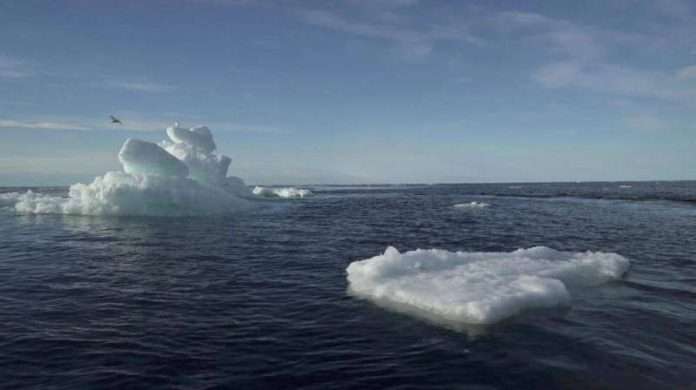In a recent study, researchers concluded that the Arctic could be free of summer sea ice in the early next decade, much sooner than previously expected, even under a scenario with low greenhouse gas emissions.
Scientists based in South Korea, Canada and Germany used observational data from 1979 to 2019 to run new simulations. They concluded in their research, the results of which were published in the journal Nature Communications on Tuesday, that “the results indicate that the first September without sea ice will come early between the years 2030 to 2050, whatever the emissions scenarios,” reports Al-Rai daily.
When experts talk about no ice, they mean an area of less than a million square kilometers, because there might still be ice along the coasts. The Arctic Ocean extends over an area of approximately 14 million square kilometers and is covered by ice for most of the year. September is the month when snow usually reaches its annual minimum.
Song Ki-min, a researcher at the South Korean Universities of Pohang and Yonsei, who co-authored the study, notes that the expected date “will be almost a decade before the latest forecasts issued by the Intergovernmental Panel on Climate Change,” that is, the climate experts commissioned by the United Nations.
The researchers also believe that the decline in this ice can be mainly attributed to greenhouse gas emissions, while other factors (including aerosols, solar activity and volcanism) are of much lesser importance.

















